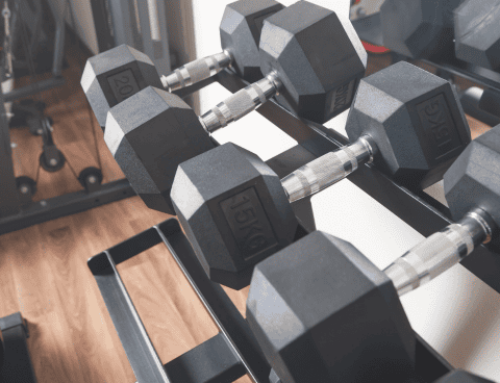Pitfalls of Overtraining
v.: To engage in excessive training
That’s the dictionary definition. Here’s what STACK contributor [and LaDainian Tomlinson’s trainer] Todd Durkin has to say on some common misconceptions about training:
More is better. "If that’s what you think about lifting weights, you’re going to hinder your athletic abilities rather than help them. Lifting too much can lead to over-fatigue, stress, injury and lack of production on the field."
Only lift heavy. "Strength training is necessary to become a better athlete. But you have to focus on movement patterns and speed of movement, not just the amount of weight you lift. If you continually lift heavy, you’ll overtrain, hurt your performance and increase the risk of injury."
Lift 24/7. "If you want to be strong, fast and athletic, you need to lift no more than four days a week. Focus on your lower body and core two days a week; emphasize your upper body, speed development and/or movement mechanics the other two days. Work on flexibility every day."
Rest is for wimps. "Rest [is] the time when your body recovers, changes and improves. Every week, take one day completely off; if you have a high-intensity week, take two days off."
RECOMMENDED FOR YOU
MOST POPULAR
Pitfalls of Overtraining
v.: To engage in excessive training
That’s the dictionary definition. Here’s what STACK contributor [and LaDainian Tomlinson’s trainer] Todd Durkin has to say on some common misconceptions about training:
More is better. "If that’s what you think about lifting weights, you’re going to hinder your athletic abilities rather than help them. Lifting too much can lead to over-fatigue, stress, injury and lack of production on the field."
Only lift heavy. "Strength training is necessary to become a better athlete. But you have to focus on movement patterns and speed of movement, not just the amount of weight you lift. If you continually lift heavy, you’ll overtrain, hurt your performance and increase the risk of injury."
Lift 24/7. "If you want to be strong, fast and athletic, you need to lift no more than four days a week. Focus on your lower body and core two days a week; emphasize your upper body, speed development and/or movement mechanics the other two days. Work on flexibility every day."
Rest is for wimps. "Rest [is] the time when your body recovers, changes and improves. Every week, take one day completely off; if you have a high-intensity week, take two days off."










